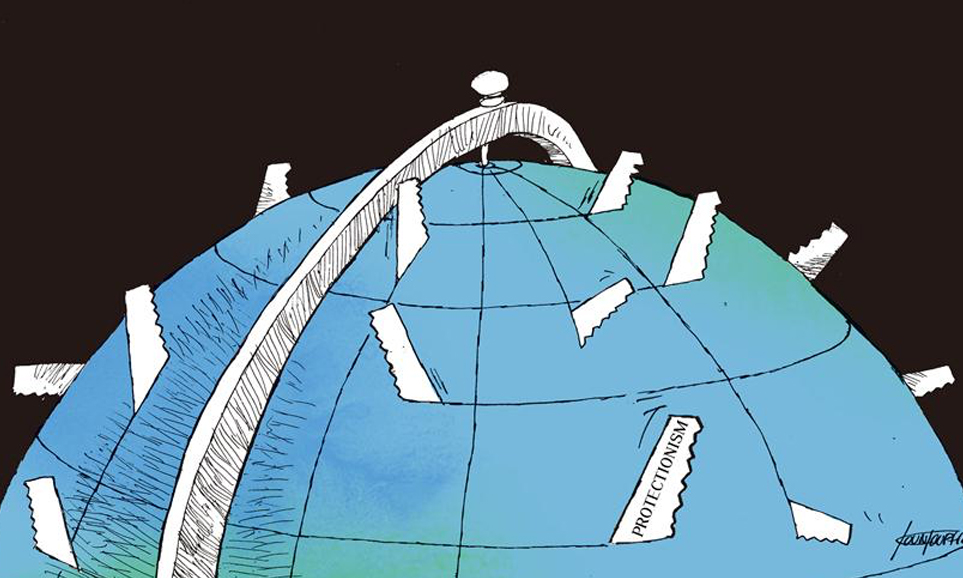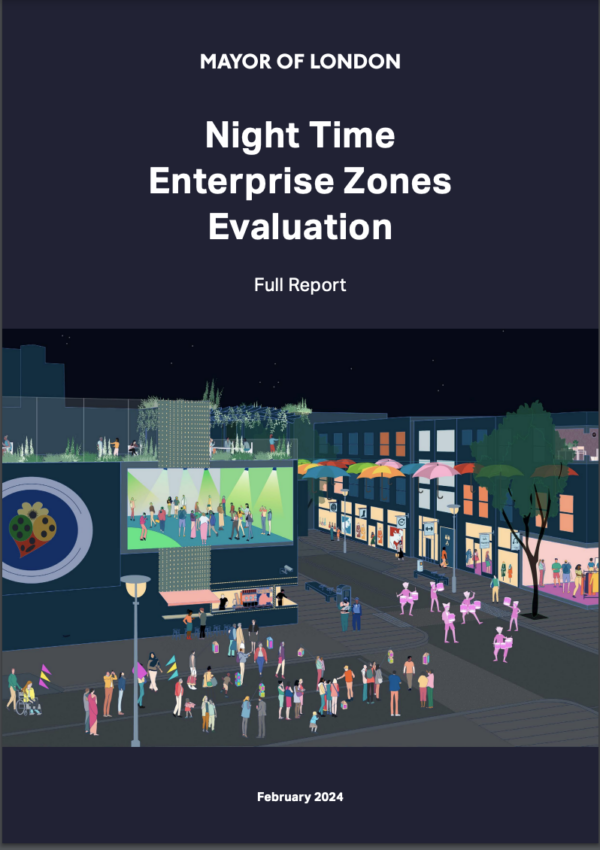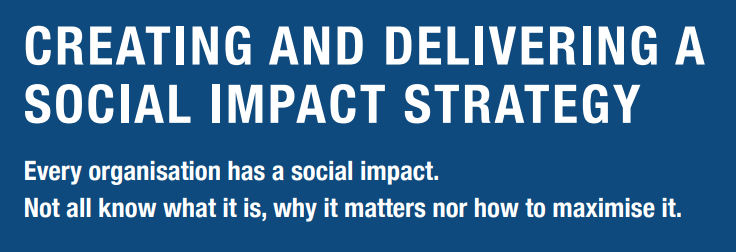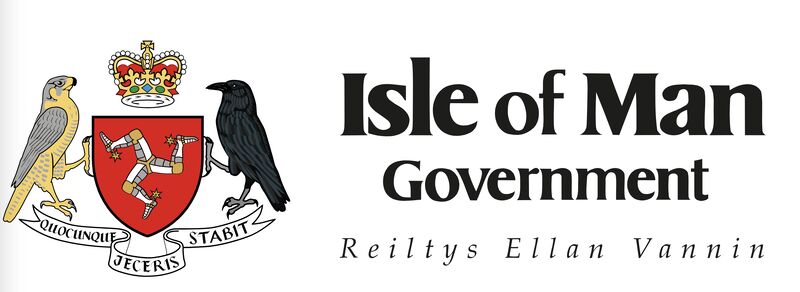
What would a more nationalist and protectionist world look like and what would it entail for real estate investors?
This is the topic that Matt Richardson and Stephen Ryan addressed in a Didobi and Control Risks report published for the Investment Property Forum this week.
The background is that real estate markets have become used to, and in some cases dependent on, cross-border capital flows. However, the rise of nationalism and ardent protectionism threaten to upend the status quo that has been decades in the making.
The Investment Property Forum (IPF) commissioned Didobi and a specialist risk consultancy called Control Risks to analyse this topical question. The research is specifically intended to provide insights for market participants who, by 2030, could be operating in a very different environment compared to 2019.
Anna Walker from Control Risks explained the current geopolitical situation and how we arrived at it. She noted that populist movements are seizing specific political opportunities to challenge and change the status quo, injecting high degree of instability into the political landscape.
Anna also sketched out two possible future scenarios to 2030, namely:
1. Growing uncertainty: global capital flows continue but are gradually redirected away from traditional investment destinations.
2. Fragmentation of the global order: global economic activity divides into two spheres – one led by the US, one by China – and capital flows are largely kept within each sphere of influence.
Matt and Stephen described how real estate has evolved as an asset class since the 1980s and how it might react to the two scenarios sketched out above. The effects are likely to far-reaching and largely negative.
- Residential assets, currently so popular among institutional investors, will be particularly badly hit.
- Portfolio diversification will reduce as some national markets become uninvestable.
- Assets could be stranded behind protectionist barriers.

Many thought-provoking questions came from a fully engaged audience.
One participant wondered whether high net worth investors from China and elsewhere would find another home for their savings, for example.
Some positive ideas also surfaced. Governments have limited ability to unilaterally control global capital markets, it was pointed out.
Matt and Stephen left the audience with these final thoughts:

We hope the research will help to inform industry decision-makers as they seek to navigate these challenges in the coming years.
Decisions like these are best done with experienced advisers at your side. Didobi, specialist advisers to the real estate industry, can help.
The report, entitled “Global capital flows in a world of increasing nationalism and protectionism” can be downloaded from https://www.ipf.org.uk/resourceLibrary/global-capital-flows-in-a-world-of-increasing-nationalism-protectionism.html
Our thanks go to IPF for commissioning this report, to Control Risks for being such great research partners and to Real Capital Analytics for supplying transaction data going back to 2007.






Leave a comment: